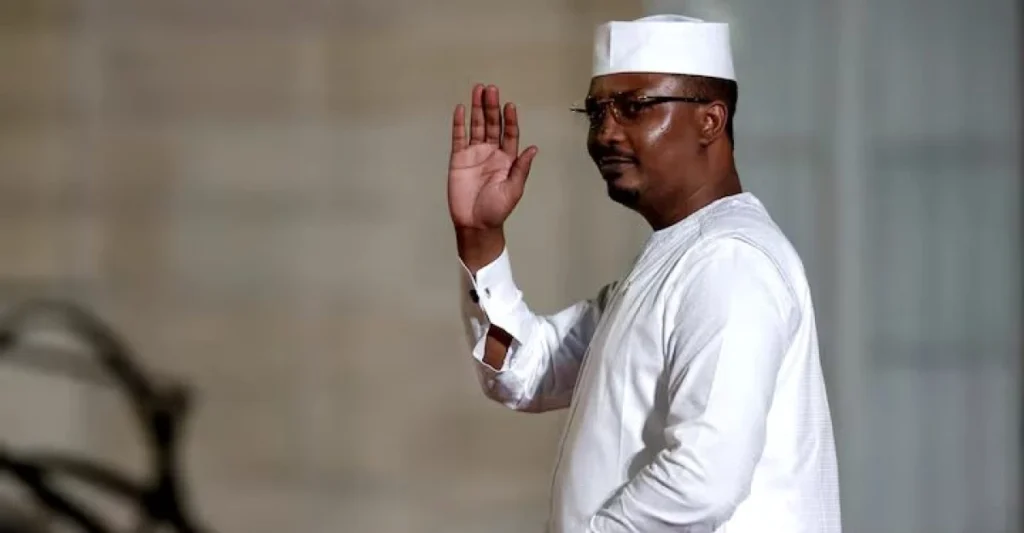Chad’s parliament has adopted a controversial constitutional revision extending presidential terms from five to seven years, renewable without limits. The decision, reached on Friday, underscores growing concerns over democratic backsliding in the central African nation.
The amendment passed overwhelmingly with 236 votes in favor and none against, out of the 257 lawmakers from both parliamentary chambers. However, the vote was marked by a dramatic walkout from members of the opposition National Rally of Chadian Democrats-The Awakening (RNDT), who rejected the proposal as unconstitutional.
Former prime minister Albert Pahimi Padacke, a leading figure of the RNDT, voiced his disapproval in a letter to lawmakers before the session. He denounced the measure as both “unconstitutional and authoritarian,” warning that it consolidates unchecked executive power at the expense of democratic governance.
The vote was brought forward from its original October 13 schedule, raising further criticism from opposition figures who accused the government of rushing the process to avoid scrutiny.
President Mahamat Idriss Deby Itno, who assumed power in 2021 following the death of his father Idriss Deby Itno, stands to benefit directly from the constitutional revision. The younger Deby was proclaimed transitional president by army generals after his father, who had ruled Chad for three decades, was killed in a battle with rebels.
Critics argue that the new provision entrenches dynastic rule in Chad, effectively removing any legal restrictions on presidential tenure. Supporters, however, claim that the longer terms will provide greater political stability in a country facing persistent insurgencies and economic challenges.
The move is the latest in a series of developments that have raised alarms among rights groups and political observers. Many fear that the absence of term limits could deepen authoritarianism and limit political competition in Chad for years to come.
As the nation braces for upcoming elections under the revised constitution, questions linger about the future of democratic freedoms and whether opposition voices will have a meaningful role in Chad’s political landscape.

